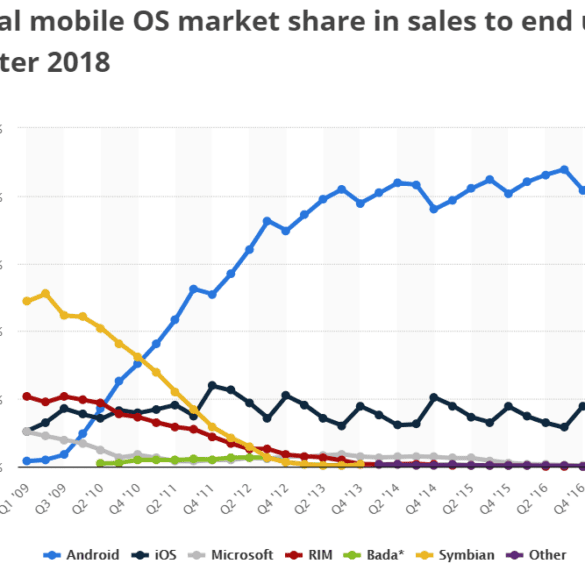From a financial incumbent point of view, if you are going to mutualize infrastructure, you need to actually mutualize the infrastructure. This means solving the game theory problem of accidentally giving away the value of your back office systems to your biggest, best-funded bank competitor -- not a competitive equilibrium. To that end, technology companies are a natural place for maintaining crypto systems. However, note that public chains today already have the benefit of billions of dollars in cyber-security spending (i.e., mining) and the dedicated engineering of thousands of open source developers. By choosing to use a public chain, you get this out of the box. With a proprieraty solution, even if the end-results are open-sourced, community is impossible to replicate. Maybe this is why IBM bought Red Hat for $34 billion, and Microsoft bought GitHub for $7 billion.
Hyperledger has added seven new members bringing its total membership to 135; new members include CollectorIQ Inc., Korea Exchange, Shanghai Onechain Information Technology, Shenzhen Forms Syntron Information, The State of Illinois, The Netherlands Organization for applied scientific research (TNO) and 1worldblockchain; the new members will help to support the consortium's goal of developing blockchain solutions and creating an open standard for distributed ledgers. Source
Enterprise blockchain company Ripple was one of 14 companies top join the Hyperledger consortium last week; Ripple and NTT Data partnered on Hyperledger Quilt, a java based interledger protocol that they submitted to Hyperledger; Hyperledger Executive Director Brian Behlendorf explained to Finovate that this growth is beneficial to the future of the blockchain. “The accelerating pace of growth and adoption of Hyperledger across industries and geographies underscores the power of our community and the technologies it is building,” he said. “It also reflects a global awakening to the impact of blockchain for business.” Source.


